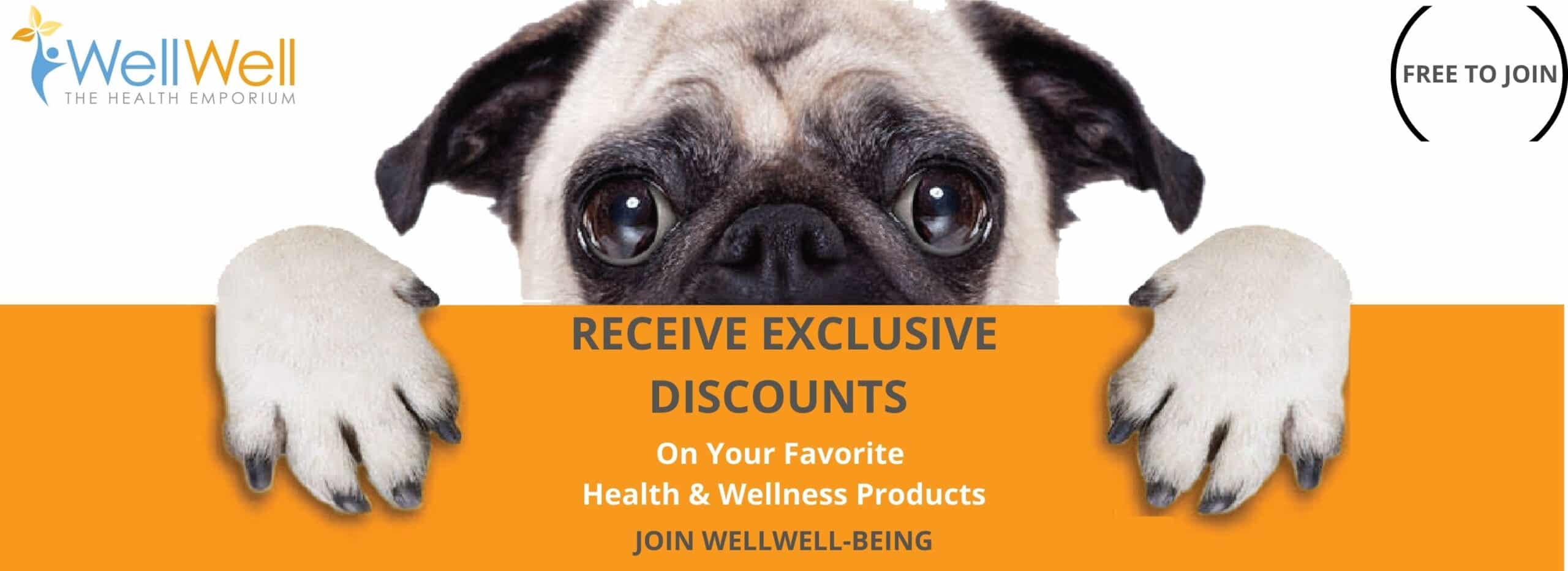Now, it’s getting really ugly. Unless someone has been living under a rock or perhaps a pile of chili cheese dogs, it’s hard not to notice that obesity has reached horrendous proportions. The World Health Organization estimates almost 40 percent of adults worldwide are overweight and almost 15 percent are obese. These rates may be 50 to 100 percent higher in the U.S., according to the Centers for Disease Control and Prevention.
This chronic problem is bad enough. But now obesity issues have hit our pooches. Petkeen.com reports that possibly 60 percent of U.S. dogs are obese. Other estimates place the percentage of utterly chubbed-out pooches as slightly lower, but still pushing 40 percent or higher. The problem is big and growing as one survey estimates the percentage of obese dogs rose by over 150 percent during the last ten years.
These overweight pooches aren’t just unsightly, they’re dangerously unhealthy. Overweight canines have lifespans that are about 2.5 years shorter than their skinner counterparts; tend to have a higher proportion of physical ailments than other pooches and deal with a lot of emotional stress.
In case anyone wonders, cats are getting pretty damn portly too. Pet Obesity Prevention reported that about 6 out of 10 U.S. kitties have tipped into obesity as well. The American Animal Hospital Association (AAHA) laid out the dangers even more specifically when it warned that obese pets risk serious health conditions such as endocrinopathies, metabolic abnormalities, cardiovascular disease, immune disorders and joint problems.
Why are dogs following the leads of their masters when it comes to putting on pounds? There are a number of reasons, but one is pretty obvious. As people put on pounds, they become less active, which means they exercise their dogs less frequently, leading their fur babies to pork up. Neutered animals are also more likely to be overweight. Oh yeah, pugs topped the list of pudgy pooches as just over two-thirds of pugs are obese, the AAHA reported.
Can anything be done to trim the fat? Yes, but just as with people, diet alone may not be a long-term solution unless exercise is included. This means that coach-laden owners need to get moving and depending on their particular dogs, start walking them longer and more often. Depending on the age and breed of the dog in question, more rigorous workouts, such as swimming, running, long-distance hikes, may be needed.
Diet, of course, is also important. Much like for people, a recent study found that overweight dogs fed a reduced-calorie, high protein, high fiber diet over an extended period lost weight without sacrificing too much muscle. The dogs in the study also saw their serum triglycerides, insulin and inflammatory markers decrease as well.
“Some of the problems we see in humans with obesity also occur in pet dogs,” noted Kelly Swanson, a professor of animal science at the University of Illinois, which sponsored the study. “There’s added stress on the joints, there’s an intolerance to exercise and heat; there’s also glucose intolerance, insulin resistance. And if you look at pet insurance claims, obesity is a big factor there.”
While there are similarities between dog and human metabolism and digestive processes, there are differences in gut microbes between the two as well that make absolute comparisons on weight loss challenging. Nonetheless, the benefits of the university’s scripted diet for dogs are undeniable.
There are other potential benefits for pooches as well. Swanson acknowledged that the vast majority of research into gut microbiota to date has been focused on people. This new research therefore will provide critical insights into how to keep pets healthy. But when it comes to the health of man’s best friend, dog owners need to get and stay involved on a personal level. Among other things, that means at the very least getting up and taking their furry companions for decent walks several times a day.













